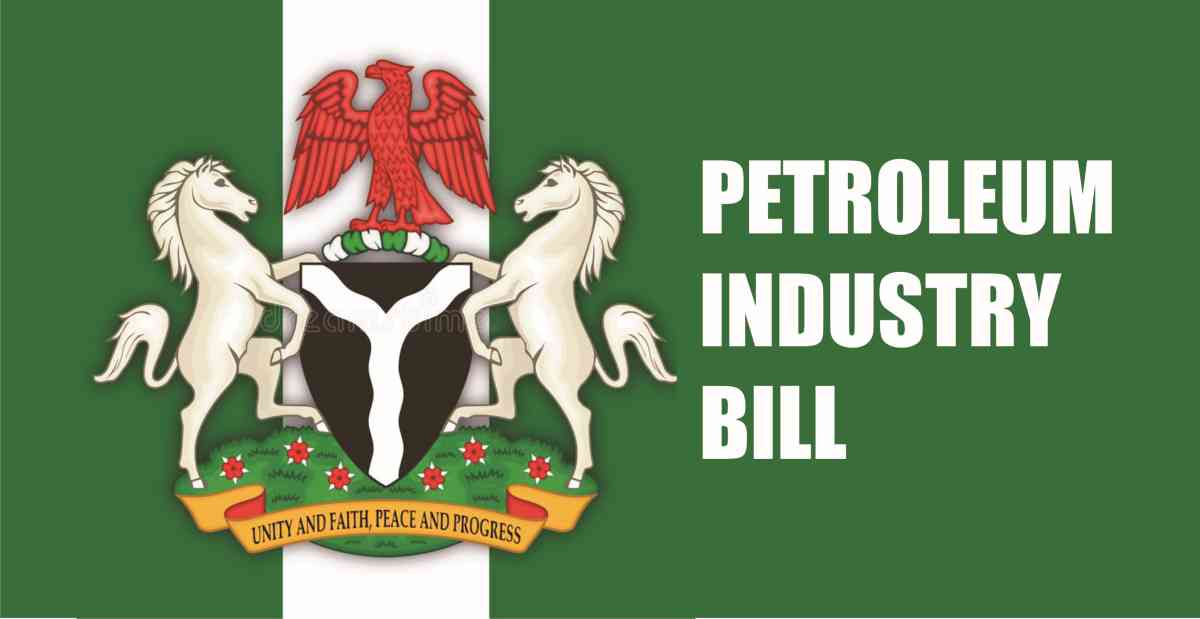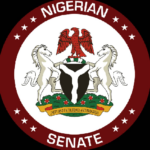By Suraj Oyewale
The Petroleum Industry Bill (PIB) is no doubt the most protracted bill in the history of legislation in Nigeria. The bill, which is an attempt to overhaul the commercial, fiscal and governance framework of the oil and gas industry in Nigeria, was conceived in 2000 during the tenure of Chief Olusegun Obasanjo and first transmitted to the National Assembly in 2007 when the late Alhaji Umaru Musa Yar’adua was the president. Fourteen years later, the passage of the bill has continued to be a game of ping pong between the legislative and executive arms, on one hand, and other stakeholders and interest groups on the other.
The contentious issues in the early days of the bill included ownership of petroleum resources, which some indigenous rights groups within the oil producing region of the country agitated should be vested in the states rather than the federal government; introduction of new levies and taxes, which the industry operators believed would make Nigeria uncompetitive in the allocation of international oil and gas investment capital; excessive powers the Bill proposed for the industry supervising minister; and inadequate provision for protection of the environment as championed by environmental activists.
- PIB public hearing disrupted as host communities take on one another
- NNPC sold N158bn petroleum products in Oct
The interplay of these interests and forces caused inertia in the legislative processes for many years.
The 8th National Assembly made some significant progress when, in 2016, it divided the bill into four smaller bills, namely the Petroleum Industry Governance Bill (PIGB), to address the institutional and regulatory framework of industry; the Petroleum Industry Fiscal Bill (PIFB), to address matters of taxes, levies, royalties and incentives applicable to operators and investors in the industry; the Petroleum Industry Administration Bill (PIAB), which set the framework for managing the country’s hydrocarbon resources and provides guidelines on licensing requirements in the industry; and the Petroleum Host and Impacted Communities Bill (PHICB), which sought to provide a protection and compensation framework for communities impacted by oil and gas production and associated activities.
The rationale for this unbundling of the universal PIB was to reduce the issues earlier raised, such that as the issues are being resolved, the bill tackling them can sail through rather than wait for the resolution of all issues before the passage of the central bill. The PIGB was very close to seeing the light of the day as the National Assembly did pass it and sent it to the president for assent. The president refused to sign the bill stating a number of concerns, most notably the 10 per cent retention on fees and other charges collected by the proposed industry regulator, the Petroleum Regulatory Commission (PRC), which was to replace the current Department of Petroleum Resources (DPR).
None of the four bills was passed before the expiration of the 8th National Assembly in May 2019.
Adding its own touch, the 9th National Assembly reversed the unbundling of the PIB to have a new enlarged bill which was made public in September 2020. In addition to merging the Bills, the 9th Assembly introduced some significant changes, namely, re-introduction of hydrocarbon tax on upstream petroleum profits, which existed in the early versions but was taken out in the PIFB; split of industry regulatory agencies by sub-sector (Upstream, Midstream and Downstream); establishment of Nigerian National Petroleum Company (NNPC) Limited, which effectively set aside the proposal of the PIGB to scrap the current NNPC and replace it with two new entities (National Petroleum Asset Management Company and the Nigeria Petroleum Company); establishment of a new midstream gas infrastructure fund, among others.
With repeated promises from the Minister of State for Petroleum, Timpre Silva, and the leadership of the National Assembly in the past few weeks, it looks like this bill may finally become an Act this year, but having actively followed the developments on PIB for over a decade and seen too many anti-climaxes, I would be cautious to put my money on that.
The National Assembly, this week, held a Public Hearing on the bill, which is another indicator of progress. I hope the concerns raised by the various stakeholders on the current version of the bill are addressed before final passage. Stakeholder engagement is critical for any law with far reaching implications.
A good number of the provisions of the bill are progressive. For example, the reduction of royalty rate on natural gas for domestic utilisation from the current seven per cent to five per cent should encourage supply of gas to domestic market rather than exporting, separation of the regulatory agencies for different divisions of the oil and gas industry should engender effectiveness, formal creation and provision of regulatory guidelines for midstream sub-sector in Nigeria (the Petroleum Act, the principal law PIB seeks to replace, does not have a single mention of midstream), extensive provisions with respect to gas development and operations (at the time the principal petroleum legislation was enacted, the lawmakers had only oil in mind so there were scanty guidelines on gas development in Nigeria).
There are still a number of gaps that the current version of the PIB has not addressed. For example, it introduces the Host Community Levy which is to be paid by oil producing and gas processing companies at 2.5 per cent of their preceding year operating expenditure. There is no indication in the Bill that this will replace the currently existing similar levy, the Niger Delta Development Commission (NDDC) levy which is three per cent of the operating and capital budget of these companies. If this means it is an addition to the NDDC levy, it may not be good incentive for petroleum operations in Nigeria.
Save for a couple of issues, which the stakeholders are already raising with the Legislature, the PIB is a good development and could potentially be a helpful tool for bringing Nigeria’s petroleum industry at par with other countries’ that have gotten the best out of their extractive industries. My main fear, however, is not the law itself, but its implementation.
The bad workman, the popular proverb goes, blames his tools. As a country, we have not made much progress in our petroleum industry in our over 60 years as a commercial oil producers, not because of the laws (the tool), but largely because of the workmen (the managers of the resources).
How does PIB stop a young regulatory officer or director somewhere who refuses to give approvals because there is no golden handshake? How does PIB stop the big man “investor” somewhere who colludes with government officers to get approval for a licence he is not entitled to? How does PIB monitor the use of the government receipts from the petroleum industry? How does the PIB stop an all-powerful minister or other senior industry leaders from putting a square peg in a critical round hole in manpower deployment in the regulatory or administration space?
That is why I am cautious to declare any bill the silver bullet to the development of a sector. The devil is in the implementation.
The NNPC, for example, started publishing its quarterly financial performance recently. This is big move toward transparency. There is no change in Law that required them to do that. It is just a decision by someone with power to do so. No one waited for PIB to do the proper thing which is within his discretion.
The PIB is a welcome development and its speedy passage, after addressing stakeholder concerns, would bring a sigh of relief to this industry that contributes more than 90 per cent of Nigeria’s foreign exchange earnings but I believe that, more than the laws themselves, the people implementing the laws are as important in the march toward getting the best out of our petroleum industry.
Oyewale lives in Abuja

 Join Daily Trust WhatsApp Community For Quick Access To News and Happenings Around You.
Join Daily Trust WhatsApp Community For Quick Access To News and Happenings Around You.

